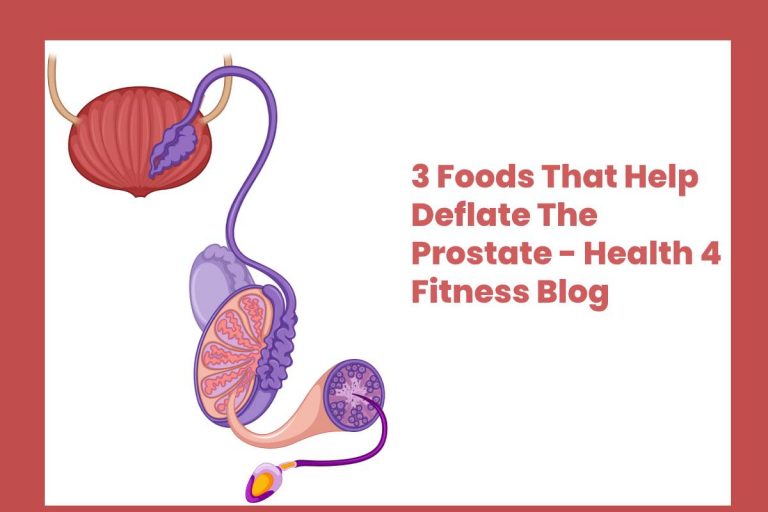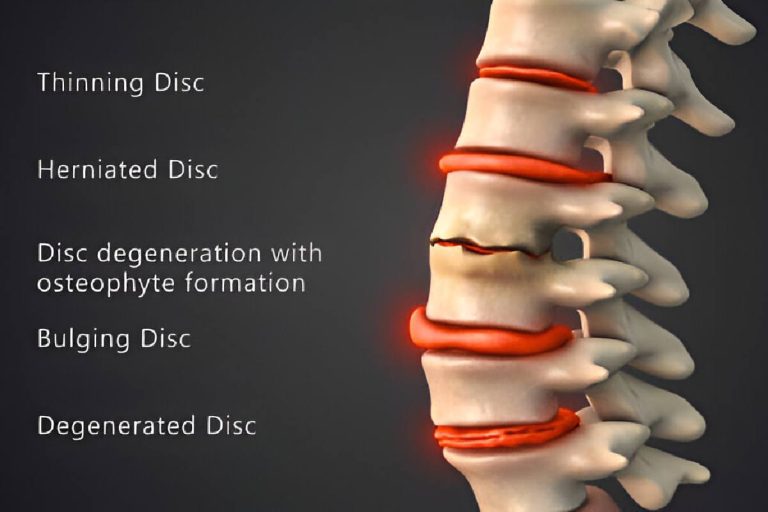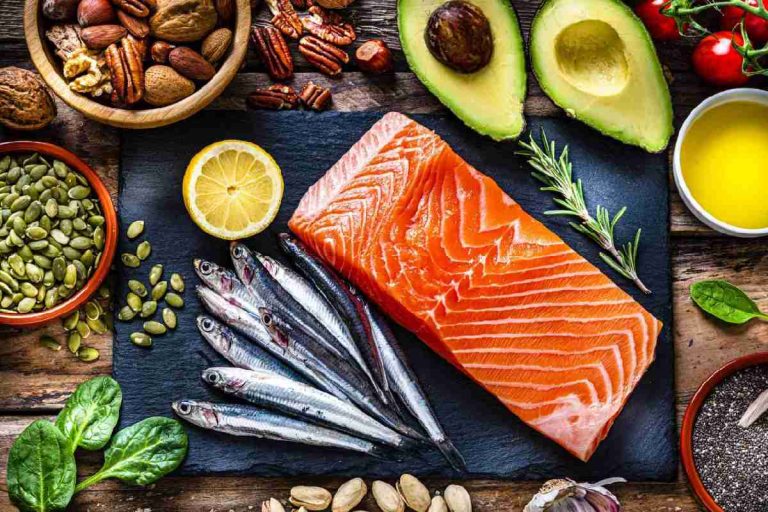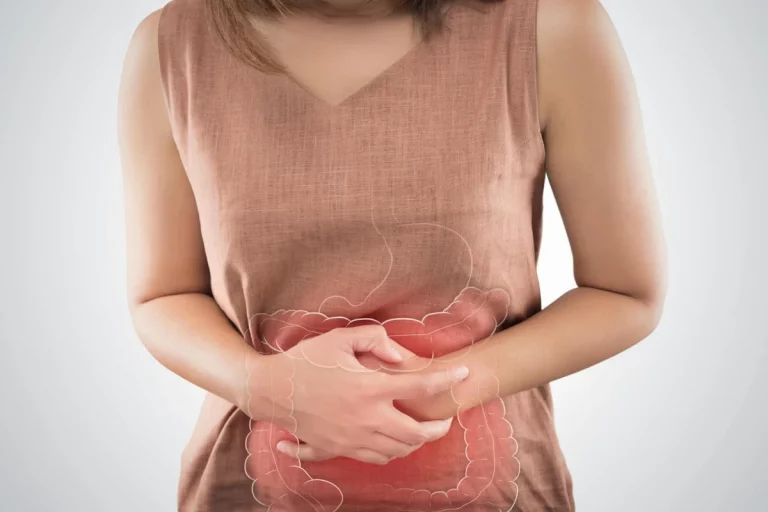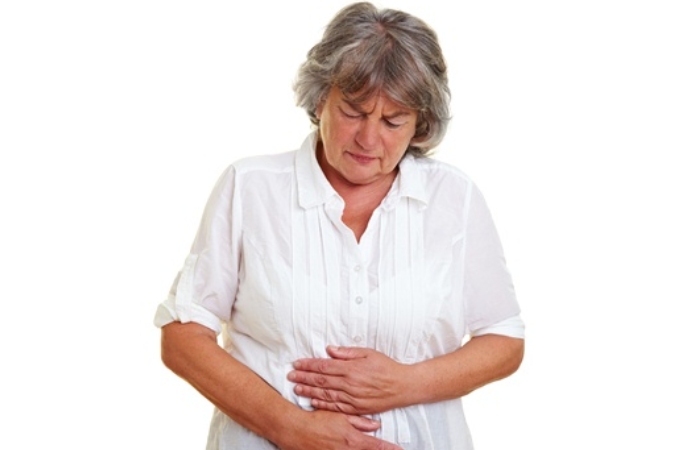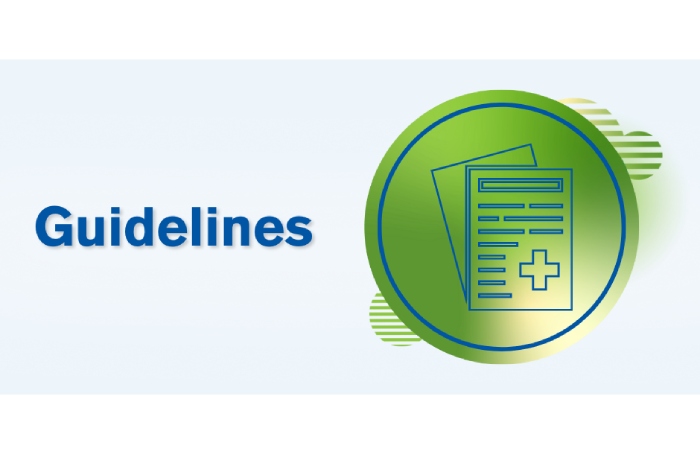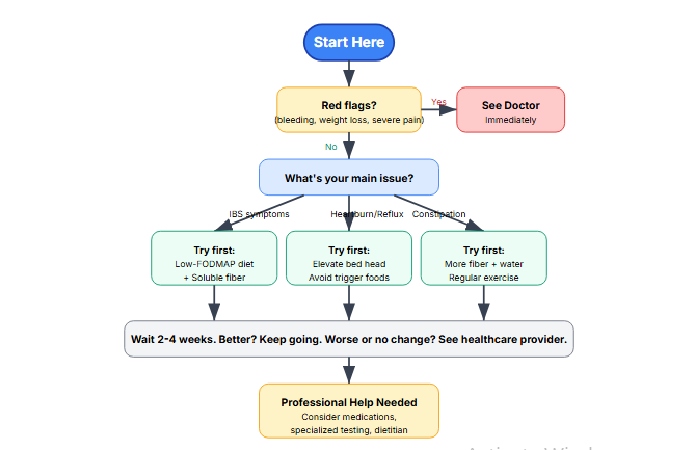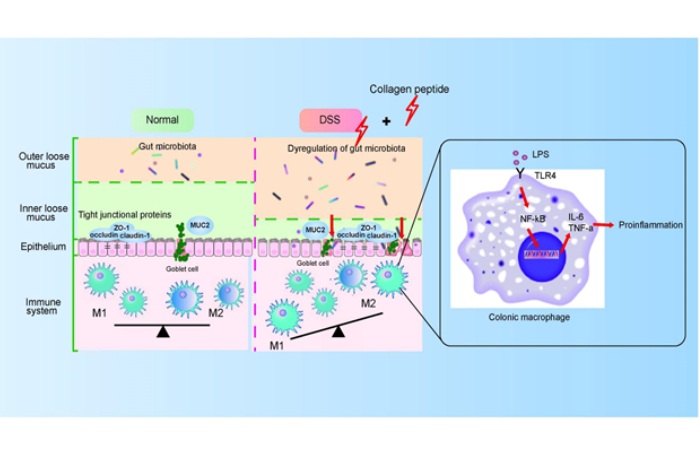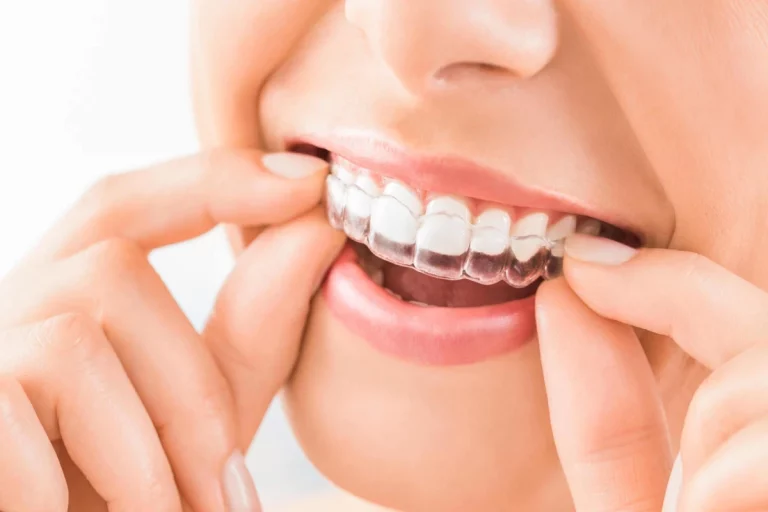Medical Disclaimer: This information is for educational purposes only and should not replace professional medical advice. Students with specific health concerns should consult healthcare providers before making significant changes to their diet or exercise routines.
Introduction: The Student Health Challenge
College years present unique health challenges that can significantly impact academic performance and long-term well-being.
According to the American College Health Association’s National College Health Assessment, 71% of college students report insufficient sleep, while many struggle with stress management, poor nutrition habits, and sedentary lifestyles.
These interconnected factors create a cycle where poor health undermines academic success, which in turn increases stress and perpetuates unhealthy behaviors.
Understanding evidence-based approaches to student wellness isn’t just about feeling better—research consistently shows that students who maintain healthy lifestyles demonstrate improved cognitive function, better academic performance, and enhanced stress resilience.
This comprehensive guide examines the science behind student health and provides practical, research-backed strategies for thriving academically while building lifelong wellness habits.
Nutrition Fundamentals for Academic Success
Proper nutrition serves as the foundation for cognitive performance, energy maintenance, and stress management.
Research published in the Journal of School Health demonstrates that students with balanced diets show significantly better concentration, memory retention, and overall academic performance compared to those with poor nutritional habits.
Building a Student-Friendly Nutrition Strategy
Successful student nutrition focuses on consistency rather than perfection. The key principles include:
- Regular meal timing: Eating every 3-4 hours helps maintain stable blood sugar levels, which directly impacts concentration and mood stability.
- Balanced macronutrients: Each meal should include protein (for sustained energy), complex carbohydrates (for brain fuel), and healthy fats (for nutrient absorption and satiety).
- Hydration priority: Even mild dehydration can impair cognitive function by up to 12%, according to research from the University of Connecticut.
- Strategic snacking: Nutrient-dense snacks like nuts, fruits, or yogurt can prevent energy crashes between meals.
Students facing time constraints can prioritize simple, nutrient-dense foods:
Greek yogurt with berries, whole grain toast with avocado, or pre-prepared salads with protein. The goal isn’t culinary perfection but consistent fuel for optimal brain function.
Coffee Consumption: Separating Fact from Fiction
Coffee remains one of the most researched beverages in nutritional science, yet misconceptions persist about its effects on student health.
Recent comprehensive reviews published by the Cleveland Clinic and peer-reviewed research provide clear, evidence-based answers to common concerns.
The Empty Stomach Coffee Debate
Contrary to widespread claims, drinking coffee on an empty stomach does not cause ulcers or serious digestive damage for most people.
According to Cleveland Clinic research, ulcers are primarily caused by H. pylori bacterial infections or overuse of non-steroidal anti-inflammatory drugs (NSAIDs), not coffee consumption.
However, coffee can increase stomach acid production, which may cause heartburn or discomfort in sensitive individuals.
Research Findings: A study of over 8,000 participants published in PLOS One found no significant link between coffee consumption and ulcer formation, even among those drinking three or more cups daily.
For students who experience discomfort, simple modifications can help: consuming coffee with food, adding low-fat milk or plant-based alternatives, or switching to lower-acid coffee varieties. The key is individual tolerance rather than universal avoidance.
Optimizing Coffee for Academic Performance
When used strategically, coffee can enhance academic performance. Research shows that 50-200mg of caffeine (roughly one cup of coffee) can improve attention, working memory, and cognitive task speed.
However, timing matters: consuming coffee 30-60 minutes before peak performance needs maximizes benefits while avoiding afternoon crashes that can disrupt sleep patterns.
Students should be aware that caffeine absorption occurs faster on an empty stomach, which can intensify effects and potentially cause jitters or anxiety.
Having coffee with breakfast helps moderate absorption and provides sustained energy throughout morning classes.
Energy Drinks: What the Research Really Shows
Energy drink consumption among college students has reached concerning levels, with significant health implications that extend beyond simple caffeine intake.
A comprehensive study published in BMC Public Health provides crucial insights into usage patterns and health effects among university populations.
Key Research Data:
- 51% of college students consume more than one energy drink monthly
- 29% experience weekly “jolt and crash” episodes
- 22% report headaches from energy drink consumption
- 19% experience heart palpitations
- 49% consume three or more energy drinks when mixing with alcohol
Understanding the Health Risks
Unlike coffee, energy drinks combine high caffeine levels with additional stimulants, creating unpredictable physiological effects.
Research published in the Journal of the American Heart Association demonstrates that just one energy drink can significantly affect blood vessel function and cardiovascular health, particularly concerning for students with underlying health conditions.
The combination of caffeine, taurine, guarana, and high sugar content can lead to rapid energy spikes followed by dramatic crashes, disrupting sleep patterns and creating dependency cycles.
Students who rely on energy drinks for academic performance often find themselves needing increasing amounts to achieve the same effects, a pattern consistent with caffeine tolerance and dependence.
Healthier Alternatives for Energy and Focus
Students seeking sustained energy and enhanced focus can achieve better results through evidence-based alternatives:
- Green tea: Provides moderate caffeine with L-theanine, which promotes calm alertness without jitters
- Strategic nutrition: Protein-rich snacks with complex carbohydrates provide sustained energy without crashes
- Adequate sleep: Seven to nine hours of sleep is more effective than any stimulant for cognitive performance
- Regular exercise: Even 10-minute walks can boost energy and concentration more effectively than energy drinks
Exercise Guidelines: Following CDC Recommendations
Physical activity represents one of the most powerful tools for enhancing academic performance, yet many students underestimate its importance or follow outdated guidelines.
The CDC’s Physical Activity Guidelines for Americans provides clear, science-based recommendations specifically relevant to college-aged individuals.
The 60-Minute Daily Standard
The CDC recommends that individuals aged 6-17 engage in 60 minutes or more of moderate-to-vigorous physical activity daily, with this foundation continuing into young adulthood.
For college students, this translates to approximately one hour of purposeful movement each day, not the commonly suggested 2-3 times per week that lacks scientific support.
Academic Benefits of Daily Exercise: Research published in the Journal of School Health demonstrates that students meeting daily activity guidelines show 15% better academic performance and significantly improved memory retention compared to sedentary peers.
Practical Implementation for Student Schedules
Students can meet activity guidelines through varied approaches that fit academic demands:
- Campus navigation: Walking to classes, taking stairs, and using campus recreation facilities contribute significantly to daily totals
- Study breaks: Ten-minute movement breaks every hour during study sessions improve both fitness and information retention
- Social activities: Intramural sports, hiking groups, or dance classes combine social interaction with physical activity
- Morning routines: Twenty to thirty minutes of morning exercise enhances cognitive function throughout the day
Exercise Types for Optimal Benefits
The most effective student exercise programs incorporate three components as recommended by exercise physiologists:
Aerobic activity should form the foundation, with activities like brisk walking, cycling, or swimming comprising most of the daily 60 minutes. This directly improves cardiovascular health and cognitive function.
Strength training should occur at least three times weekly, focusing on major muscle groups. This can include bodyweight exercises, resistance bands, or gym workouts, depending on available resources.
Flexibility and balance work through activities like yoga or stretching routines help manage stress while preventing injury and improving posture during long study sessions.
Stress Management: Evidence-Based Approaches
Academic stress affects nearly all college students, with the American Psychological Association reporting that 85% of students feel overwhelmed by academic demands at some point during their college career.
However, research identifies specific strategies that consistently reduce stress while improving academic outcomes.
The Stress-Performance Connection
Moderate stress can enhance performance through improved focus and motivation, but chronic high stress impairs memory formation, decision-making, and immune function.
Understanding this relationship helps students develop targeted interventions rather than attempting to eliminate all stress, which isn’t realistic or beneficial.
Research-Backed Stress Reduction Techniques
Meta-analyses of stress reduction interventions in college populations consistently identify several highly effective approaches:
- Mindfulness meditation: Just 10-15 minutes daily reduces cortisol levels and improves emotional regulation, with benefits appearing within two weeks of consistent practice
- Progressive muscle relaxation: Systematic tensing and releasing of muscle groups effectively reduces physical stress symptoms and improves sleep quality
- Time management skills: Structured planning and prioritization reduce anxiety more effectively than simply working longer hours
- Social connection: Regular interaction with supportive peers provides both emotional support and practical academic assistance
Avoiding Counterproductive Stress Responses
Research identifies several common but ineffective stress responses that can worsen academic performance.
Emotional eating, particularly consumption of high-sugar or high-fat foods, provides temporary relief but leads to energy crashes and increased stress. Similarly, excessive caffeine intake or energy drink consumption creates artificial alertness that disrupts natural stress recovery processes.
Instead of these approaches, students benefit from what researchers term “active coping strategies”—directly addressing stressors through problem-solving, seeking support, or implementing stress-reduction techniques rather than avoiding or numbing stress responses.
Building Sustainable Healthy Habits
Successful long-term health improvements depend on habit formation rather than motivation alone.
For practical tools, explore 16 Evidence-Based Student Wellbeing Tools recommended by researchers.”
Behavioral research demonstrates that sustainable changes require specific strategies that work with, rather than against, natural psychological tendencies.
The Science of Habit Formation
According to research published in the European Journal of Social Psychology, habit formation typically requires 66 days of consistent practice, though this varies significantly based on behavior complexity and individual factors.
For students, this means focusing on small, manageable changes rather than comprehensive lifestyle overhauls.
Effective Habit-Building Strategies for Students
Habit stacking involves linking new behaviors to existing routines. For example, doing push-ups immediately after brushing teeth or reviewing class notes while eating lunch creates automatic behavioral connections.
Environmental design removes barriers to healthy choices while creating friction around unhealthy ones.
This might involve keeping healthy snacks visible while storing less nutritious options in inconvenient locations.
Identity-based changes focus on becoming the type of person who engages in healthy behaviors rather than simply trying to achieve specific outcomes.
Students who think of themselves as “active people” or “healthy eaters” show better long-term adherence to positive behaviors.
Overcoming Common Implementation Challenges
Student schedules present unique challenges for habit formation, including irregular class times, social pressures, and limited resources.
Successful students develop flexible frameworks rather than rigid routines, allowing healthy choices to adapt to changing circumstances while maintaining core principles.
Research shows that students who prepare for obstacles—identifying specific challenges and pre-planning responses—show significantly better habit maintenance during stressful periods like exams or major projects.
Social Support Systems and Peer Influence
The social environment profoundly impacts student health behaviors, with peer influence being one of the strongest predictors of lifestyle choices during college years.
Understanding and leveraging social dynamics can significantly improve health outcomes and academic success.
The Power of Social Health Networks
Research published in the Journal of Health and Social Behavior demonstrates that students with health-conscious friend groups are 60% more likely to maintain positive lifestyle changes throughout college.
This effect extends beyond simple peer pressure to include shared knowledge, mutual accountability, and normalized healthy behaviors.
Building Supportive Health Communities
Students can intentionally cultivate health-supportive social environments through several strategies:
- Fitness partnerships: Finding workout partners increases exercise adherence by an average of 95% according to fitness research studies
- Study groups with health awareness: Incorporating healthy snacks, movement breaks, and stress management into group study sessions benefits all participants
- Campus organization involvement: Joining clubs focused on outdoor activities, sports, or wellness creates natural social connections around healthy behaviors
- Peer teaching opportunities: Sharing health knowledge with others reinforces personal commitment while building supportive relationships
Navigating Social Challenges
College social environments often include pressures toward unhealthy behaviors, particularly around alcohol consumption, late-night eating, and sleep disruption.
Research shows that students with clear personal health values and strong social support networks navigate these pressures more successfully without social isolation.
Effective strategies include finding alternative social activities, being prepared with responses to peer pressure, and identifying like-minded individuals who share health priorities.
Students don’t need to avoid all social situations but can make intentional choices that align with their health goals while maintaining important social connections.
Conclusion: Integrating Evidence-Based Health Strategies
Successful student health integration requires understanding that wellness and academic performance are mutually reinforcing rather than competing priorities.
The research consistently demonstrates that students who prioritize evidence-based health strategies—proper nutrition, regular physical activity, stress management, and social support—achieve better academic outcomes while building lifelong wellness habits.
Key Actionable Takeaways
Based on the comprehensive research reviewed, students can implement the following evidence-based strategies immediately:
- Establish consistent meal timing with balanced nutrition, using coffee strategically rather than relying on energy drinks for sustained energy
- Meet CDC guidelines of 60 minutes daily physical activity through varied, enjoyable activities that fit academic schedules
- Implement research-backed stress management techniques including mindfulness, time management, and social connection rather than avoidance strategies
- Focus on habit formation through small, consistent changes rather than major lifestyle overhauls that are difficult to maintain
- Cultivate health-supportive social relationships that reinforce positive choices while navigating social pressures effectively
The college years represent a critical period for establishing health patterns that will impact lifelong well-being and success.
By following evidence-based guidelines rather than popular myths or quick fixes, students can optimize both their immediate academic performance and their long-term health outcomes.
The investment in comprehensive wellness during college pays dividends not only in better grades but in the energy, resilience, and habits needed for post-graduation success.
Students should remember that implementing these strategies is a gradual process.
Rather than attempting immediate perfection, focus on consistent progress guided by scientific evidence and professional healthcare advice when needed.
The goal is sustainable improvement that enhances rather than complicates the college experience.
Professional Consultation Recommended: Students with existing health conditions, eating disorders, mental health concerns, or specific medical needs should consult with healthcare professionals before implementing significant dietary or exercise changes.
Campus health services typically provide accessible resources for personalized health guidance.

